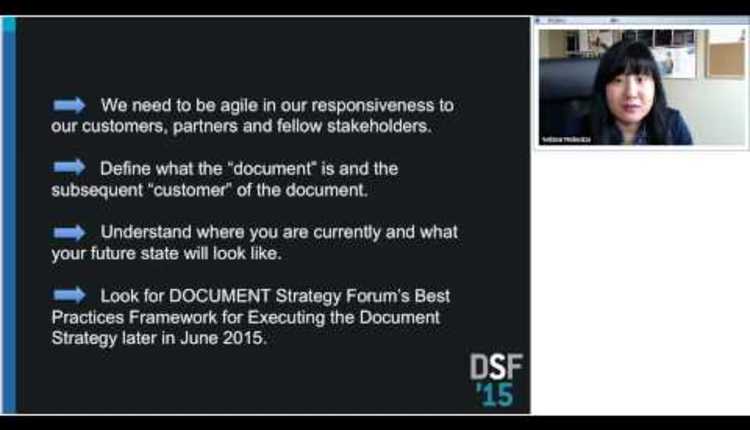
“Not disposing of your documents is very risky! Keeping all documents all the time is even worse!!”
How many times have we heard some variation on the theme that not destroying documents according to a retention plan is very risky? When you hear this, do “they” ever define what the risks are? Usually, the cited risk is: you increase your legal risk during discovery. That is the big one that everyone talks about. “They” may also talk about the increased cost of discovery, since you may be pulling up double or triple the number of documents, and you may also hear that the larger number of documents will cost you more for storage and management.
All true, but what is your real risk, and are these risks actually quantified, or are there any meaningful statistics? How many times have you gone through a litigation that required you to produce documents? How many times does a case go to court instead of being settled out of court? And if you actually went through with the trial, did you lose because you had too many documents and the opposing counsel “found that one document you kept that should have been destroyed, and the whole case turned on this one document?” (Conversely, did you win because that one document you kept turned the case in your favor?)
"The cost of storage is negligible compared to the cost to delete documents."
Also, consider that an effective records management (RM) system will be an expensive initial cost, and it will also be an ongoing expense. For those of you who may be considering a records management system, the first hurdle is to have and/or update or create a records retention schedule. All told, if you are considering a records management system, consider the cost of the retention schedule, the cost of the system itself (remember that implementation will cost as much, or more, than the system software cost), the cost of training (ongoing) all of your workers, the cost of a full-time RM administrator and the ongoing cost of maintaining the schedule–updating the schedule for new laws/regulations, new document types being added, old document types being discontinued and much more.
And finally, let’s consider the cost of deleting a document–if the average professional worker clocks in at $75K, the real cost is about $112,500 (burdened salary), which works out to be about $.60/minute. Working out the cost to store a document, it is roughly (and conservatively) about $.00003. So, it is actually expensive to delete a document by the average knowledge worker considering the cost to store the document itself.
MORE: Cloud File Sharing Systems: Solving a Problem or Creating an Even Larger Problem?
If we look at someone in IT, who would have roughly the same salary, if he or she could delete 20,000 documents at a time, in one minute, it would cost the company $.60. But many companies do not allow thousands of documents to be deleted without review and approval, so we may be adding the original owner, or the person who has been given responsibility for the records and perhaps the RM admin who gets to document the actual deletion. So, even if the number of people is tripled, it still would only cost about $1.80 to delete the 20,000 documents. Given we could find, isolate and approve the destruction of 20,000 documents. Destroying this many documents could take hours of work by many people. As the cost to destroy documents grows, the cost to store them is still $.00003/document.
The point of this discussion is that storage is cheap and getting cheaper every year. The cost of storage is negligible compared to the cost to delete documents. Also, the cost to buy and implement a records management system is very expensive–especially compared to the cost of storage. If you compare all of these added costs to the actual risk of litigation, it may be less risky and cheaper to just keep the documents.

















